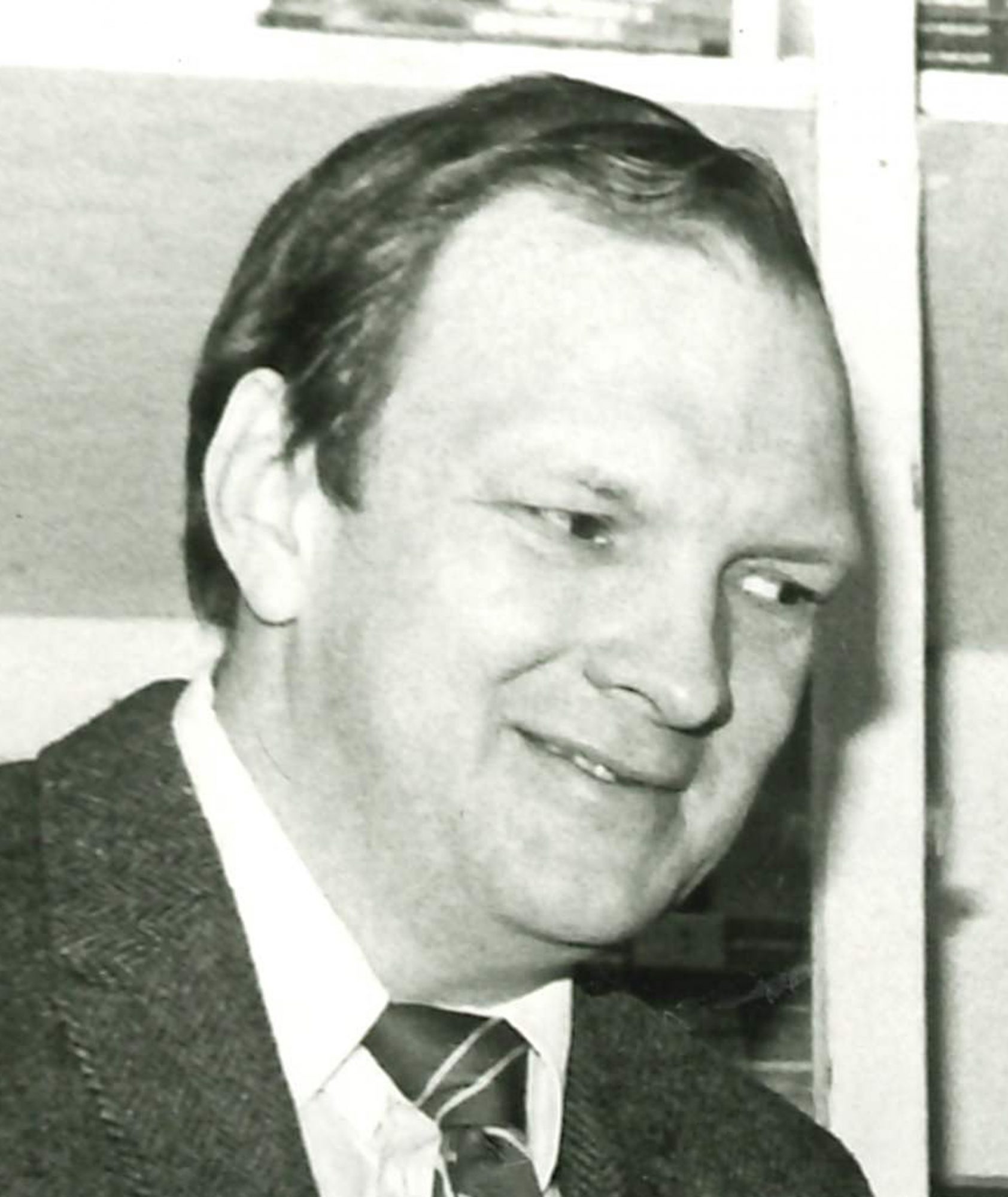LYNN — Educator, leader, and community pillar Kenneth Curtis died at the age of 78 Sept. 10 from complications following a head injury, causing his friends, loved ones, and colleagues to reflect on the former Lynn English and Lynn Classical Educator’s legacy.
Curtis, who started his teaching career in New Jersey before moving to Lynn in 1966 to work as a teacher at Lynn Classical, will be remembered as a father of six, a grandfather of nine, a great grandfather of one, and a mentor to thousands.
Retired Lynn Classical Social Studies teacher Paul Stafford met Curtis in the late 1960’s, when Stafford worked as a substitute teacher at Lynn Classical. After leaving Classical for three years to work at Breed Middle School, Stafford returned to Classical as a full-time teacher in 1971, where his friendship with Curtis evolved into a mentorship.
“Ken was my mentor in the first years of my teaching career, and I owe Ken my thanks for his help in becoming the teacher that I became in my teaching career,” Stafford said.
Stafford said that Curtis, who he described as his very close friend for 53 years, taught him valuable lessons about establishing rules and discipline in the classroom, along with
“He started out by telling me: You’re not dear friends, referring to the students, you’re their teacher, and as such, you are an extension of their parents. When dealing with them, either for good or bad reasons, ask yourself what you would do if it was your child,” he said.
Curtis, Stafford said, also taught him the importance of establishing rules, and ensuring that students follow them. Despite Curtis’ views on order and discipline, Stafford said that he also believed in guiding and advising his students by any means necessary.
“This was also very important to him: As an educator, always strive to treat any given student as you would treat any other student, see beyond the surface differences, and see what’s inside the student. Be positive, encourage, encourage, encourage,” Stafford said. “When a student reaches out to you for advice, listen to them, and give them the best and honest and most honest advice that you can.”
Former Mayor Albert DiVirgilio, who also met Curtis at Classical High School when he worked as a teacher, described Curtis, who he considers a friend, as a “disciplinarian” who always strove to do the best job that he could for his students’ sake.
“He was a very concerned person about doing his job correctly and he was very involved with students and helping as much as he could,” DiVirgilio said.
DiVirgilio asked Curtis to teach driving at his driving school, “Mr. D’s School of Driving,” Curtis accepted, spending his weekends teaching driving for supplemental income for about 10 years before he took the business over in the 1970s.
Curtis’ wife, Alice Curtis said that as a teacher, her husband was fearless. When asked for an example of his fearlessness, Alice Curtis cited an example of her husband reacting calmly and sternly in potentially threatening situations.
“If there was going to be a heard of a fight, which could, you know, involve weapons, he would always try to reach at least some of the kids involved and talk them down or get them to
not get involved in a fight that was going to include weapons. He dealt with his kids that are in gangs, parents who are in the gangs,” Alice Curtis said. “It wasn’t it wasn’t an easy job, but sometimes it made me nervous because I knew that he would go out and try to stop something that was about to happen.”
Through Curtis’ connection to DiVirgilio, who owned a travel agency in the late 1970s, he would take between 40 and 60 Classical students to Disney World in Orlando, Florida each year for about 10 years. Alice said that these trips were not school sponsored.
As Vice Principal at Lynn Classical, Curtis introduced Power Puff football, and was instrumental in the planning of “Elf Day,” a tradition that still persists today, in which high school seniors dress up as elves and travel to elementary schools throughout Lynn to bring treats to the younger students. Stafford said that Curtis and his close friends and colleagues in the 1970s thought of themselves as change-makers.
Stafford said that although he, Curtis, and other Lynn Classical teachers thought that they could inspire students and make the world a better place. In Curtis’ more than 30-year career as an educator, Stafford said that some of Curtis’ students, like the famous author Thomas Sniegoski, or Berkley Professor and prolific researcher Patricia Flynn, lead him to believe that Curtis and the Lynn Classical staff made an impact on the world around them.
“We all thought of ourselves as Young Turks. By that, I mean, we all believed that we could really have an effect on our students, and help them become the best that they could be. We thought that in doing this, we could, in some ways, make our communities better places, and I think we have maybe a little egotism here, I think we even thought that perhaps we could change the world … I think in some ways we did,” Stafford said.
Anthony Cammalleri can be reached at [email protected]

